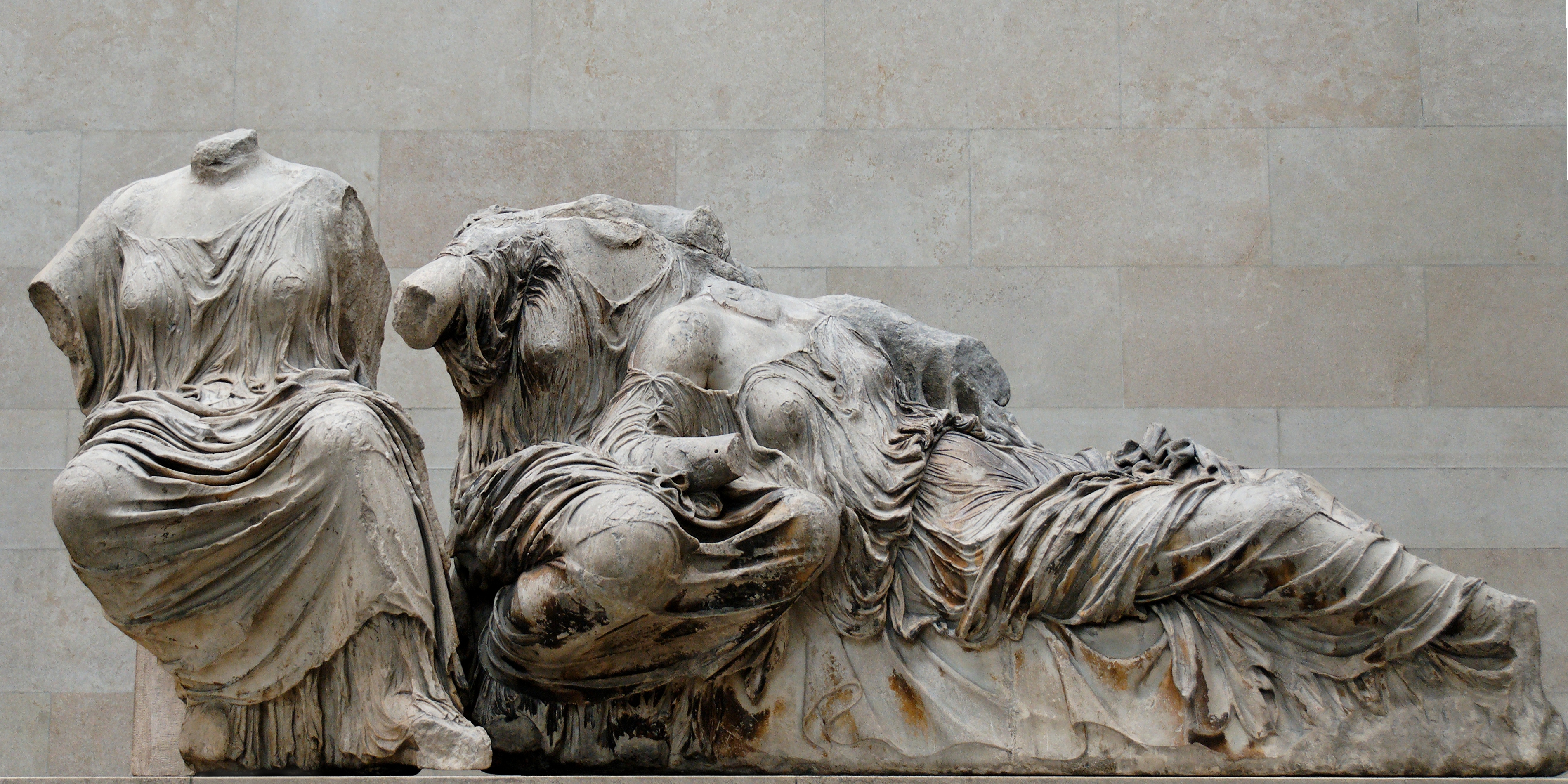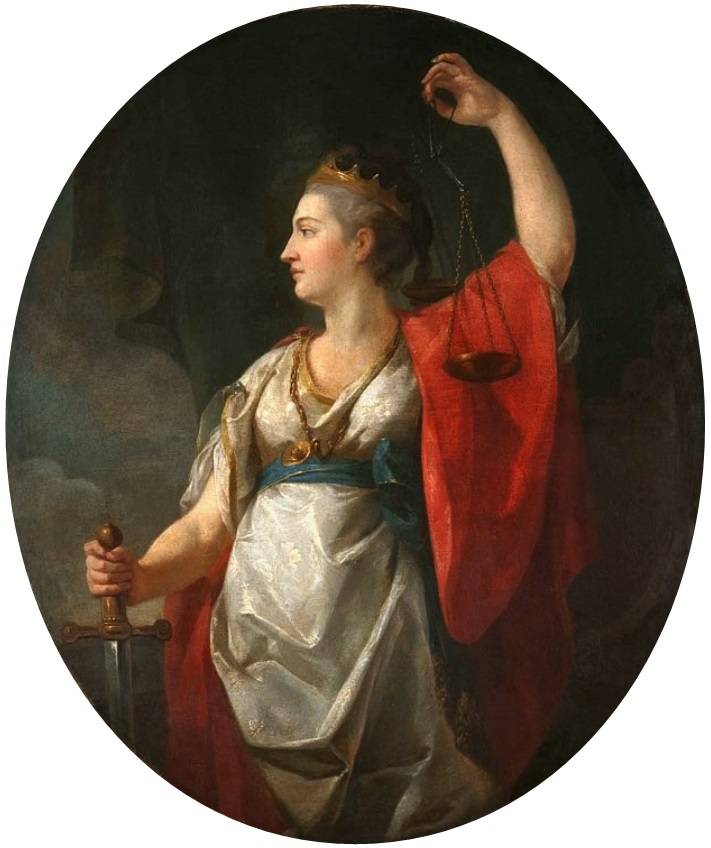|
Dione (Titaness)
In ancient Greek religion and Greek mythology, Dione (; grc-gre, Διώνη, Diṓnē) is an oracular goddess, a Titaness Smith, William. ''Dictionary of Greek and Roman Biography and Mythology'':Dióne. Spottiswoode & Co. (London), 1873. primarily known from Book V of Homer's ''Iliad'', where she tends to the wounds suffered by her daughter Aphrodite. Dione is presented as either an Oceanid, daughter of Oceanus and Tethys, or the thirteenth Titan, daughter of Gaia and Uranus. Name Dione (Διώνη ''Diṓnē'', from earlier *Διϝωνᾱ ''Diwōnā'') is essentially the feminine of the genitive form of Greek Ζεύς '' Zeús'', that is, Διός ''Diós'' (from earlier Διϝός ''Diwós''), "of Zeus". Other goddesses were called by this name (see the Dione (mythology) article for more). Due to being a daughter of Dione by some traditions, Aphrodite was sometimes called "Dionaea" (Διωναίη ''Diōnaíē'') and even "Dione".Peck, Harry T''Harper's Dictionary of Cl ... [...More Info...] [...Related Items...] OR: [Wikipedia] [Google] [Baidu] |
Pergamon Altar
The Pergamon Altar () was a monumental construction built during the reign of the Ancient Greek King Eumenes II in the first half of the 2nd century BC on one of the terraces of the acropolis of Pergamon in Asia Minor. The structure was 35.64 metres (116' 31/32") wide and 33.4 metres (109' 6 5/8") deep; the front stairway alone was almost 20 metres (65' 11/16") wide. The base was decorated with a frieze in high relief showing the battle between the Giants and the Olympian gods known as the Gigantomachy. There was a second, smaller and less well-preserved high relief frieze on the inner court walls which surrounded the actual fire altar on the upper level of the structure at the top of the stairs. In a set of consecutive scenes, it depicts events from the life of Telephus, legendary founder of the city of Pergamon and son of the hero Heracles and Auge, one of Tegean king Aleus's daughters. In 1878, the German engineer Carl Humann started official excavations on the acropoli ... [...More Info...] [...Related Items...] OR: [Wikipedia] [Google] [Baidu] |
Mnemosyne
In Greek mythology and ancient Greek religion, Mnemosyne (; grc, Μνημοσύνη, ) is the goddess of memory and the mother of the nine Muses by her nephew Zeus. In the Greek tradition, Mnemosyne is one of the Titans, the twelve divine children of the earth-goddess Gaia and the sky-god Uranus. The term ''Mnemosyne'' is derived from the same source as the word ''mnemonic'', that being the Greek word ''mnēmē'', which means "remembrance, memory". Family A Titaness, Mnemosyne is the daughter of Uranus and Gaia. Mnemosyne became the mother of the nine Muses, fathered by her nephew, Zeus: * Calliope (epic poetry) * Clio (history) * Euterpe (music and lyric poetry) * Erato (love poetry) * Melpomene (tragedy) * Polyhymnia (hymns) * Terpsichore (dance) * Thalia (comedy) * Urania (astronomy) Hyginus in his ''Fabulae'' gives Mnemosyne a different parentage, where she was the daughter of Zeus and Clymene. Mythology In Hesiod's ''Theogony'', kings and poets receiv ... [...More Info...] [...Related Items...] OR: [Wikipedia] [Google] [Baidu] |
Titan (mythology)
In Greek mythology, the Titans ( grc, οἱ Τῑτᾶνες, ''hoi Tītânes'', , ''ho Tītân'') were the pre-Olympian gods. According to the ''Theogony'' of Hesiod, they were the twelve children of the primordial parents Uranus (Sky) and Gaia (Earth), with six male Titans— Oceanus, Coeus, Crius, Hyperion, Iapetus, and Cronus—and six female Titans, called the Titanides or "Titanesses" (, ''hai Tītānídes'')— Theia, Rhea, Themis, Mnemosyne, Phoebe, and Tethys. Cronus mated with his older sister Rhea, who then bore the first generation of Olympians: the six siblings Zeus, Hades, Poseidon, Hestia, Demeter, and Hera. Certain descendants of the Titans, such as Prometheus, Helios, and Leto, are sometimes also called Titans. The Titans were the former gods: the generation of gods preceding the Olympians. They were overthrown as part of the Greek succession myth, which tells how Cronus seized power from his father Uranus and ruled the cosmos with his fellow Tita ... [...More Info...] [...Related Items...] OR: [Wikipedia] [Google] [Baidu] |
Goddess
A goddess is a female deity. In many known cultures, goddesses are often linked with literal or metaphorical pregnancy or imagined feminine roles associated with how women and girls are perceived or expected to behave. This includes themes of spinning, weaving, beauty, love, sexuality, motherhood, domesticity, creativity, and fertility (exemplified by the ancient mother goddess cult). Many major goddesses are also associated with magic, war, strategy, hunting, farming, wisdom, fate, earth, sky, power, laws, justice, and more. Some themes, such as discord or disease, which are considered negative within their cultural contexts also are found associated with some goddesses. There are as many differently described and understood goddesses as there are male, shapeshifting, or neuter gods. In some faiths, a sacred female figure holds a central place in religious prayer and worship. For example, Shaktism, the worship of the female force that animates the world, is one of the three maj ... [...More Info...] [...Related Items...] OR: [Wikipedia] [Google] [Baidu] |
Greek Mythology
A major branch of classical mythology, Greek mythology is the body of myths originally told by the ancient Greeks, and a genre of Ancient Greek folklore. These stories concern the origin and nature of the world, the lives and activities of deities, heroes, and mythological creatures, and the origins and significance of the ancient Greeks' own cult and ritual practices. Modern scholars study the myths to shed light on the religious and political institutions of ancient Greece, and to better understand the nature of myth-making itself. The Greek myths were initially propagated in an oral-poetic tradition most likely by Minoan and Mycenaean singers starting in the 18th century BC; eventually the myths of the heroes of the Trojan War and its aftermath became part of the oral tradition of Homer's epic poems, the '' Iliad'' and the '' Odyssey''. Two poems by Homer's near contemporary Hesiod, the '' Theogony'' and the '' Works and Days'', contain accounts of the genes ... [...More Info...] [...Related Items...] OR: [Wikipedia] [Google] [Baidu] |
Ancient Greek Religion
Religious practices in ancient Greece encompassed a collection of beliefs, rituals, and mythology, in the form of both popular public religion and cult practices. The application of the modern concept of "religion" to ancient cultures has been questioned as anachronistic. The ancient Greeks did not have a word for 'religion' in the modern sense. Likewise, no Greek writer known to us classifies either the gods or the cult practices into separate 'religions'. Instead, for example, Herodotus speaks of the Hellenes as having "common shrines of the gods and sacrifices, and the same kinds of customs." Most ancient Greeks recognized the twelve major Olympian gods and goddesses—Zeus, Hera, Poseidon, Demeter, Athena, Ares, Aphrodite, Apollo, Artemis, Hephaestus, Hermes, and either Hestia or Dionysus—although philosophies such as Stoicism and some forms of Platonism used language that seems to assume a single transcendent deity. The worship of these deities, and severa ... [...More Info...] [...Related Items...] OR: [Wikipedia] [Google] [Baidu] |
Antu (goddess)
In Akkadian mythology, Antu or Antum (Akkadian:𒀭𒌈) is a Babylonian goddess. She was the first consort of Anu, and the pair were the parents of the Anunnaki and the Utukki. Antu was a later development of Ki, an earlier Sumerian earth goddess. She was also conflated with Kishar.. According to the Akkadian pantheon, clouds were Antum's breasts and that rain Rain is water droplets that have condensed from atmospheric water vapor and then fall under gravity. Rain is a major component of the water cycle and is responsible for depositing most of the fresh water on the Earth. It provides water f ... was her breast milk. References Sources * * Jordan, M. (2002). ''Encyclopedia of Gods'', Kyle Cathie Limited. * Mesopotamian goddesses Sky and weather goddesses Earth goddesses Inanna {{MEast-myth-stub ... [...More Info...] [...Related Items...] OR: [Wikipedia] [Google] [Baidu] |
Dionysus
In ancient Greek religion and myth, Dionysus (; grc, Διόνυσος ) is the god of the grape-harvest, winemaking, orchards and fruit, vegetation, fertility, insanity, ritual madness, religious ecstasy, festivity, and theatre. The Romans called him Bacchus ( or ; grc, Βάκχος ) for a frenzy he is said to induce called ''bakkheia''. As Dionysus Eleutherios ("the liberator"), his wine, music, and ecstatic dance free his followers from self-conscious fear and care, and subvert the oppressive restraints of the powerful. His '' thyrsus'', a fennel-stem sceptre, sometimes wound with ivy and dripping with honey, is both a beneficent wand and a weapon used to destroy those who oppose his cult and the freedoms he represents. Those who partake of his mysteries are believed to become possessed and empowered by the god himself. His origins are uncertain, and his cults took many forms; some are described by ancient sources as Thracian, others as Greek. In Orphic religion, he ... [...More Info...] [...Related Items...] OR: [Wikipedia] [Google] [Baidu] |
Bacchus
In ancient Greek religion and Greek mythology, myth, Dionysus (; grc, wikt:Διόνυσος, Διόνυσος ) is the god of the grape-harvest, winemaking, orchards and fruit, vegetation, fertility, insanity, ritual madness, religious ecstasy, festivity, and theatre, theatre. The Ancient Rome, Romans called him Bacchus ( or ; grc, wikt:Βάκχος, Βάκχος ) for a frenzy he is said to induce called ''bakkheia''. As Dionysus Eleutherios ("the liberator"), his wine, music, and ecstatic dance free his followers from self-conscious fear and care, and subvert the oppressive restraints of the powerful. His ''thyrsus'', a fennel-stem sceptre, sometimes wound with ivy and dripping with honey, is both a beneficent wand and a weapon used to destroy those who oppose his cult and the freedoms he represents. Those who partake of his mysteries are believed to become possessed and empowered by the god himself. His origins are uncertain, and Cult of Dionysus, his cults took many forms ... [...More Info...] [...Related Items...] OR: [Wikipedia] [Google] [Baidu] |
Aphrodite
Aphrodite ( ; grc-gre, Ἀφροδίτη, Aphrodítē; , , ) is an ancient Greek religion, ancient Greek goddess associated with love, lust, beauty, pleasure, passion (emotion), passion, and procreation. She was syncretized with the Roman goddess . Aphrodite's major symbols include Myrtle (common), myrtles, roses, doves, Old World sparrow, sparrows, and swans. The cult of Aphrodite was largely derived from that of the Ancient Canaanite religion, Phoenician goddess Astarte, a cognate of the East Semitic goddess Ishtar, whose cult was based on the Sumerian religion, Sumerian cult of Inanna. Aphrodite's main cult centers were Kythira, Cythera, Cyprus, Corinth, and Athens. Her main festival was the Aphrodisia, which was celebrated annually in midsummer. In Laconia, Aphrodite was worshipped as a warrior goddess. She was also the patron goddess of Prostitution in ancient Greece, prostitutes, an association which led early scholars to propose the concept of "sacred prostitution" in Gr ... [...More Info...] [...Related Items...] OR: [Wikipedia] [Google] [Baidu] |
Themis
In Greek mythology and religion, Themis (; grc, Θέμις, Themis, justice, law, custom) is one of the twelve Titan children of Gaia and Uranus, and the second wife of Zeus. She is the goddess and personification of justice, divine order, fairness, law, and custom, and her symbols include the Scales of Justice. She is also associated with oracles and prophecies, including the Oracle of Delphi. Name ''Themis'' means "divine law" rather than human ordinance, literally "that which is put in place", from the Greek verb ''títhēmi'' ( τίθημι), meaning "to put." To the ancient Greeks she was originally the organizer of the "communal affairs of humans, particularly assemblies." Moses Finley remarked of ''themis'', as the word was used by Homer in the 8th century BCE, to evoke the social order of the 10th- and 9th-century Greek Dark Ages: Finley adds, "There was ''themis''—custom, tradition, folk-ways, ''mores'', whatever we may call it, the enormous power of 'it is ( ... [...More Info...] [...Related Items...] OR: [Wikipedia] [Google] [Baidu] |


_Rossetti.jpg)






